Today, Russia has a considerable number of laws, according to which a water well in a section belonging to an individual or legal entity is state property. It is no secret to anyone that underground water serves as a mineral resource, the production of which involves obtaining special permission from the state. The official certificate of the right to extract the submitted resource is a license. It is interesting to add that the totality of work and services aimed at obtaining it is called "licensing of subsoil use".
Subsoil use and its features
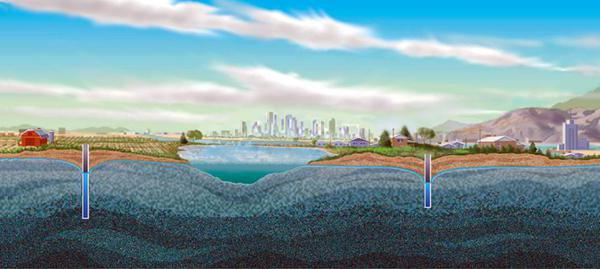
It will be advisable to formulate as much as possible the basic information related to licensing of nature management. What should be understood by definition licenses (for the extraction of groundwater, for example)? This is nothing but paper, which is issued as a confirmation of the right to use subsoil to the subsoil user. It should be borne in mind that today there are several varieties of land use.
So, groundwater can be obtained one of two types of permits: a license for the study of groundwater in geological terms and a license for the extraction of groundwater. It is interesting to note that the first permission gives the subsoil user the right to search and subsequently evaluate underground water deposits. The second type of license implies the right to extract groundwater from the bowels of the earth. In accordance with the Law "On Subsoil", in order to exercise the right to extract groundwater, you must first evaluate their reserves.
Interesting to know
At registration of a license for the extraction of groundwater It is important to keep in mind that, in addition to the two types of permissions presented in the previous chapter, it is currently advisable to highlight the third type, which is a hybrid of the first two. It sounds like a search and assessment (geological study), as well as the extraction of underground water. It is important to remember that a license is only relevant for a business entity, which can be almost any legal entity (for example, a garden partnership or LLC), an individual entrepreneur, or a citizen of a foreign country. So, a citizen of the Russian Federation, being an individual, cannot be listed in groundwater mining registry. An exception, as was noted, is only the design of the IP.
Today, obtaining a special permit related to the extraction of the submitted resource is considered a mandatory procedure for certain categories of persons. Among them, the main group is artesian water well owners. However, the implementation of at least one of the following conditions is important here:
- The extraction of the resource is relevant solely for the purpose of promoting business (entrepreneurship).
- The volume of resource extraction is higher than 100 m3 / day. Naturally, an accompanying factor here is water well depth.
- Well equipment on an aquifer, which is used, as a rule, for water supply for drinking and centralized household use.
- Underground waters are listed on the state balance sheet.
Licensing
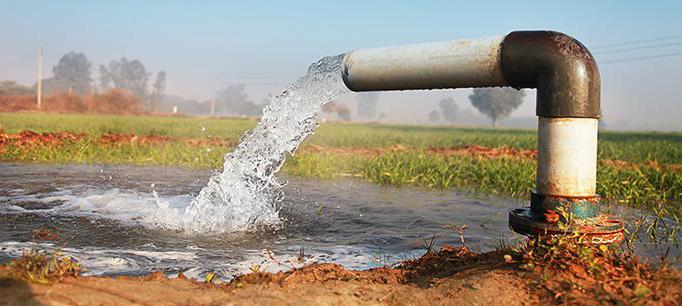
It is important to know that the service for registration (renewal, renewal) licenses for the extraction of groundwater consists mainly in the proper preparation of the accompanying documentation, which in one way or another must meet the current requirements of the legislation, as well as the interpretation of these requirements, usually produced by authorized state structures. It is interesting to note that the package of documents includes not only papers from the future user of the subsoil of the earth (legal entity, individual entrepreneur, foreign citizen), but also special documentation. Its training is provided by specialists of the corresponding profile.
The procedure for obtaining a license for the extraction of groundwater establishes that the composition of the package of securities depends on several factors. Among them, it will be appropriate to highlight the following points:
- type of license;
- volume of water resource consumption;
- groundwater purpose.
As a rule, specialists of specialized organizations that are involved in the design and renewal of licenses for the extraction of groundwater, provide the future user with bowels a detailed list of documents developed in accordance with a specific situation.
List of documents
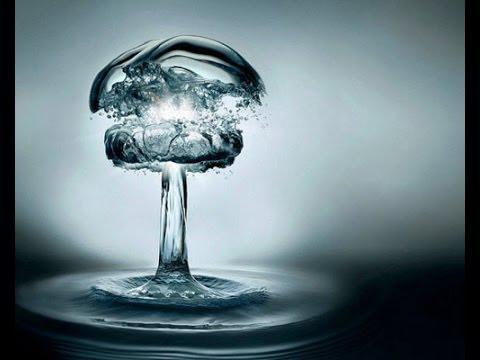
In this chapter, it would be appropriate to provide a standard list of required documents. So, in order to obtain a license for the extraction of groundwater, the future subsoil user agrees to submit the following documentation to the appropriate structure:
- Application for a special permit for the geological study of groundwater or for its extraction. It should be supplemented that it is compiled on a form of a sample developed for this purpose, where the intended purpose of groundwater, the declared need for groundwater, the details of the structure, and so on, are mandatory.
- Constituent and other documentation of a subsoil user as a legal entity, individual entrepreneur or foreign citizen. Among the constituent securities, it is necessary to note the organization’s charter, certificate of state registration of the structure, certificate of registration of the organization with the tax inspectorate, extract from the Unified State Register of Legal Entities (it is important to know that it must not be older than one month at the time of applying for a license), a certificate from the state statistics committee with decryption of existing codes, information about the organization (usually a card with details), an order regarding the appointment of management.
- Land documentation. Among these documents, it is necessary to highlight the general plan of the structure M 1: 1000, the plan of the neighborhood of situational significance M 1:10 000, the cadastral plan of the land plot, the authorization documentation for the land plot.
- Other documents. Among them, a note from the tax inspectorate regarding the absence of arrears in fees and payments to the state budget, the balance sheet (as a rule, for the reporting period), the balance of water disposal and water consumption, technical conditions for sewerage (in other words, the contract), an order regarding appointment of the person responsible for the well (water intake unit), information regarding the technological and technical possibilities for the implementation of exploration work (it may serve as a contract with specialized association), hydro conclusion on a piece of land or of subsurface borehole design.
It is important to know that the obtained license for the right to extract underground waters certainly gives its owner the right to conduct this or that activity in accordance with the purpose specified in the special permit (license). It must be remembered that an integral part of any of the above types of licenses are the current conditions for the use of the bowels of the earth.So, violation of at least one of the existing provisions is somehow punishable by a fine of administrative value in the amount of 300 to 500 thousand rubles regarding legal entities.
Dates and cost
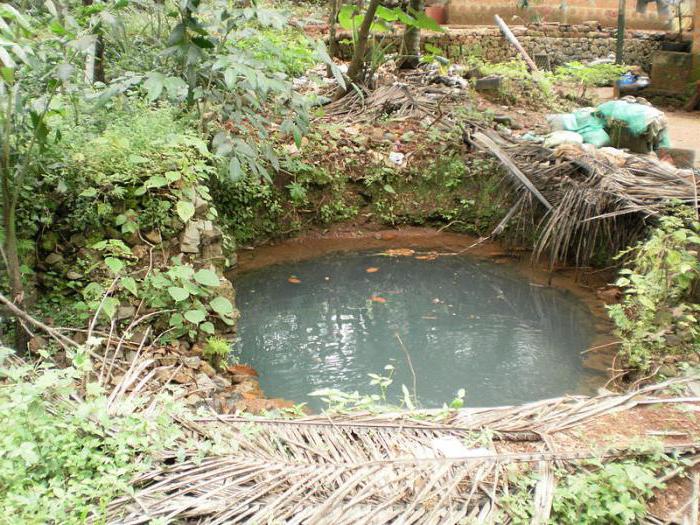
In accordance with groundwater licensing regulations, The terms for obtaining the license in question vary from three to four months. It is important to note that they are quite seriously dependent on the time of receipt by the structure, which is engaged in obtaining a special permit, necessary documentation from a legal entity, individual entrepreneur or a foreign citizen. It should be added that the work of state bodies also plays an important role.
To date, the cost of a license for the extraction of groundwater is eighty thousand rubles and above. The exact amount depends mainly on the location of the water intake, the volume of water consumption and, of course, on the quantitative characteristics in terms of work and services related to the case. You should know that the order of the latter is often carried out in the same structure where the license is issued.
Thus, according to the results of the provision of services by such organizations, a legal entity, an individual entrepreneur or a foreign citizen is guaranteed to receive a special permission (license) for the extraction of groundwater, which meets the currently relevant requirements and regulations.
What is possible after obtaining a license?
It is interesting to know that after issuing a special permit, the subsoil user can begin to exercise his own right related to the use of the subsoil of the earth and fulfill a number of conditions that exist today and are binding. What conditions, as a rule, accompany the creation of a well for water in the area belonging to one or another person? It must be borne in mind that, depending on the type of license, these factors may be the following points:
- Development of a project related to well drilling.
- Drawing up conclusions of a sanitary-epidemiological nature for the design of sanitary protection zones or for the use of a water body.
- Development of a project related to the sanitary protection zones that exist today.
- Development of a project related to the geological study of the bowels of the earth, as well as its examination.
It is important to know!
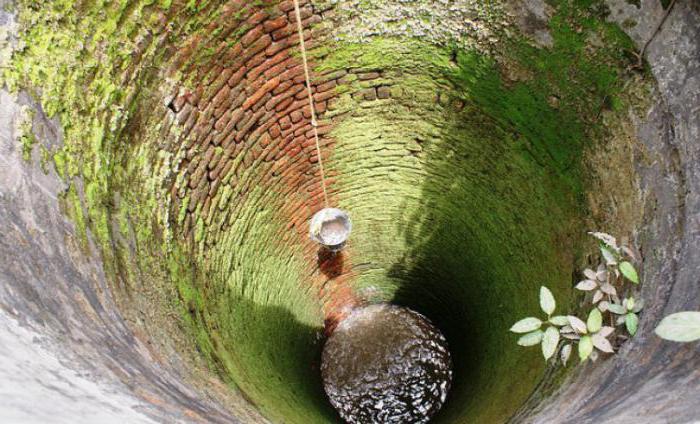
At registration license applications it is necessary and necessary to know all the changes and additions to the rules associated with this issue. Definitely an important point in identifying requirements for issuing a special permit for a well this year is the output of Government Decision No. 94 of 02/11/2016 “On Approving the Norms for the Protection of Groundwater Type Facilities”. It should be added that the rules for protecting the resource in question during the operation of wells of water intake value are reflected in the third and fourth articles of this paper.
Initially, it should be noted that now absolutely all wells of water intake value must be equipped with special meters of resource consumption. In addition, it is important to install devices for measuring the underground water level. The requirements presented were relevant before, however, in a fragmented form. So, for example, accounting for the consumption of the consumed resource was mandatory, taking into account the provisions of paragraph 3.2.1.5 "SanPiN 2.1.4.1110-02 of the Sanitary Protection Zone of Drinking Water Supply Sources". In the case of on-site inspections, the fact of equipping water wells with such instruments was mostly of interest to Rospotrebnadzor employees. Nevertheless, through the efforts of the Environmental Prosecutor's Office, he was controlled very little.
The equipment of water wells with mechanisms designed to measure the level of groundwater was determined at the recommended level in accordance with the “Methodological Recommendations for the Organization and Subsequent Monitoring of Underground Water at Group Watersheds and Single Operational Wells”. In addition, in accordance with the Law On Subsoil, this equipment was not considered a requirement of a mandatory plan in case of inspections.
What changed?
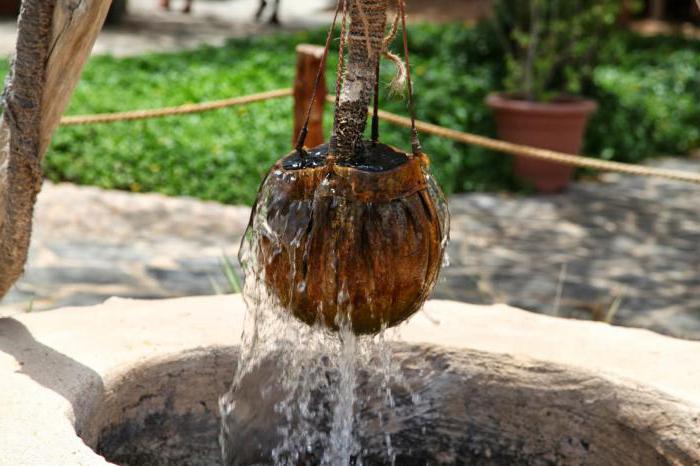
It must be borne in mind that only in 2016, the equipment of any water intake wells with mechanisms for accounting for the consumption volumes of the resource in question, as well as equipment for measuring the groundwater level, was endowed with a mandatory character.
The second important change is the requirement for the mandatory availability of not only production, but also monitoring wells, provided that the daily volume of water consumption is more than one hundred meters cubic. At present, it is not entirely clear whether reserve wells can be equated with monitoring ones. Or maybe the latter are required for separate equipment? In the unambiguous way, only the following can be stated: with the daily consumption of the resource exceeding one hundred meters cubic, since 2016, the water intake in one way or another should include at least two wells.
What other innovations are useful to know?
The third significant innovation should be the requirements of paragraphs 16-18 of Article 4 of the Decree under number 94 of 02/11/2016. So, according to paragraph 16, absolutely all emergency and unused wells are subject to mandatory liquidation in accordance with project documents. This means that acts of tamponage of an arbitrary type and decisions in the style of "... nothing special, just simply fill the head, for example, with concrete, and that's it." Today, everything should be in absolute accordance with the project for conservation or liquidation of the well, which, by the way, greatly complicates the activities of structures that deal with the liquidation and repair of wells, and also increases the cost of related services.
The seventeenth paragraph states that underground waters should be brought to the surface subject to a minimum number of bonded structures (in most cases, wells play their role). So, the problem of assessing the maximum productivity of absolutely each of the existing wells is an acute problem. This parameter can be reliably determined solely based on the results of work on the water intake of an experimental-filtration focus. At its core, such work is a natural experiment, during which it is relevant to register a decrease in the level of groundwater in the well with such a drainage that can simulate actual operation. Based on the results of the experimental activity, the hydrogeological parameters of the aquifer are calculated, which, as a rule, limit the maximum productivity of the well.
The practice associated with the absolute disregard for pilot filtration work that existed earlier, or the implementation of short-term research, should essentially cease. It is important to add that the lack of firm requirements in terms of organizing such work and, as a result, their impossibility (lack of desire and necessity) led to a significant decrease in the qualifications of hydrogeologists.
findings
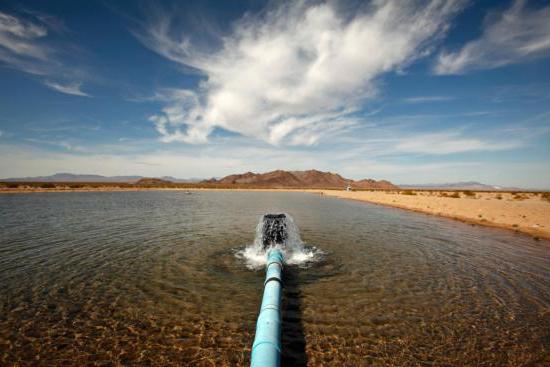 From the above material, it should be taken out that in order to carry out work related to licensing wells, it is necessary to seek professional hydrogeologists. It is worth paying attention to the quality of their experimental filtration work and not to forget that the duration of such varies from 1 to 3 days.At times, it is better if specialists propose the interpretation of their activities on numerical models of the hydrogeological plan, which imitate the process of carrying out pilot filtering activities.
From the above material, it should be taken out that in order to carry out work related to licensing wells, it is necessary to seek professional hydrogeologists. It is worth paying attention to the quality of their experimental filtration work and not to forget that the duration of such varies from 1 to 3 days.At times, it is better if specialists propose the interpretation of their activities on numerical models of the hydrogeological plan, which imitate the process of carrying out pilot filtering activities.
In addition, it is impossible to lose sight of paragraphs 18 and 29 of article four, because they contain actual requirements that relate primarily to the necessary measures in the process of drilling new and repairing existing wells. A striking example here is the prevention of depressurization of the casing, which isolates aquifers. This also includes requirements related to the inadmissibility of the release of groundwater, which is extracted, but not provided for by the project.
All the above information indicates that in the process of choosing a drilling company it is not necessary to focus on the low price of a running meter of drilling, because non-compliance with the well construction technology in the future can lead to a significant violation of the requirements of the legislation, as well as the need to repair the structure. And this one way or another is much more complicated and more expensive than drilling from scratch. In addition, there may be a liquidation of the well, which is also not considered a positive point, because in the case of liquidation of the construction problems can be much more than during the repair. Such a state of affairs can certainly lead to fines for violation of applicable laws regarding the protection of underground water from pollution.